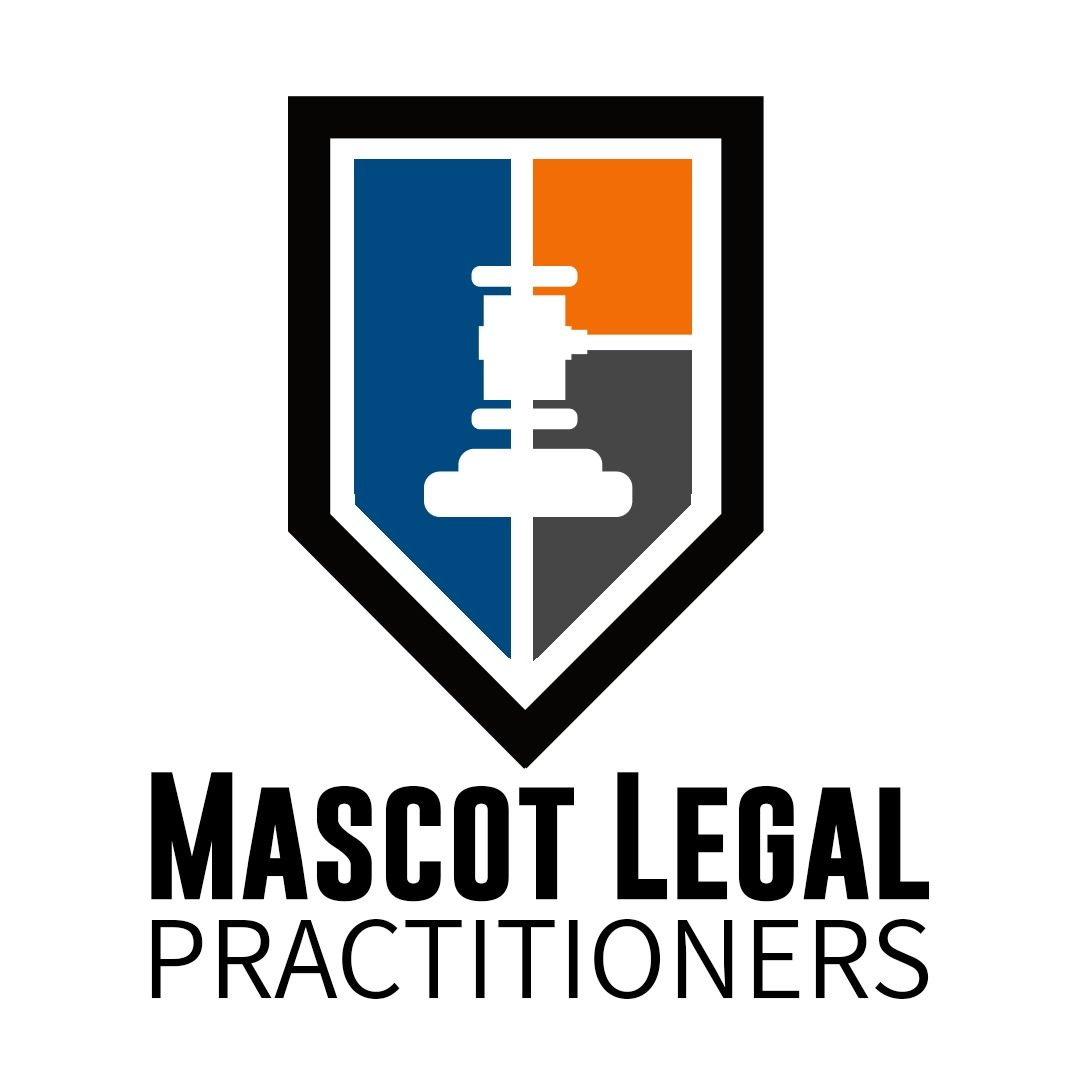Have a brilliant business idea brewing? Congratulations! Nigeria's booming entrepreneurial scene welcomes you! But before you launch into action, a crucial first step is business formation and registration. This officializes your enterprise, unlocks valuable benefits, and protects you in the long run. In this guide, we'll walk you through the process, shed light on potential pitfalls, and underscore the benefits of seeking legal assistance.
The Process of Business Formation and Registration
- Choose a Business Structure: Before diving into registration, you need to decide on the most suitable business structure for your venture. Options include sole proprietorship, partnership, limited liability company (LLC), or corporation. Each structure has its own set of legal implications and tax considerations.
- Name Reservation: Selecting a unique and available business name is crucial. You'll need to conduct a name search with the Corporate Affairs Commission (CAC) to ensure that your chosen name is not already in use. Once approved, you can proceed with the registration process.
- Drafting of Memorandum and Articles of Association: For entities like LLCs and corporations, drafting these documents is essential. They outline the internal rules and regulations governing the company's operations, management, and relationship with shareholders.
- Registration with the Corporate Affairs Commission (CAC): This step involves submitting the necessary documents to the CAC, which serves as the regulatory body responsible for business registration in Nigeria. Documents typically include application forms, memorandum and articles of association, proof of payment of registration fees, and other relevant details.
- Tax Registration: After obtaining your Certificate of Incorporation from the CAC, you'll need to register for tax purposes with the Federal Inland Revenue Service (FIRS) and obtain a Tax Identification Number (TIN).
- Obtaining Necessary Permits and Licenses: Depending on the nature of your business, you may need to obtain additional permits or licenses from regulatory authorities at the federal, state, or local levels.
Potential Pitfalls
- Incomplete Documentation and Hidden Fees: Failing to submit all required documents accurately and completely can result in delays or rejection of your application. Unexpected costs can arise if you're not familiar with the CAC's fee structure.
- Choosing the Wrong Business Structure: Selecting an inappropriate business structure can lead to legal and tax complications down the line.
- Ignorance of Regulatory Requirements: Lack of awareness about regulatory obligations and compliance standards can expose your business to penalties and legal liabilities.
- Intellectual Property Issues: Neglecting to protect your intellectual property rights through trademarks, patents, or copyrights can leave your business vulnerable to infringement claims.
Benefits of Legal Guidance
- Expertise in Compliance: Legal professionals can provide invaluable guidance on navigating complex regulatory requirements and ensuring compliance with relevant laws.
- Risk Mitigation: Legal advisors can help identify potential risks and liabilities early on, allowing you to take proactive measures to mitigate them.
- Tailored Solutions: Lawyers can assist in structuring your business in a way that maximizes legal protections and minimizes tax liabilities.
- Conflict Resolution: In the event of disputes or legal challenges, having legal representation can be instrumental in achieving favorable outcomes through negotiation or litigation.
- Smooth Sailing to Success: Navigate the process efficiently, minimizing errors and delays to get you up and running quickly.
- Choose the Right Structure, Every Time: Advise on the most suitable legal framework for your specific business goals, ensuring you operate under the most beneficial structure.
- Draft Flawless Documents: Prepare accurate and legally sound documentation to avoid future complications and ensure a smooth registration process.
- Anticipate Challenges, Stay Ahead: Foresee potential issues and develop strategies to address them proactively, giving you peace of mind.
While the process of business formation and registration in Nigeria may seem daunting, seeking legal guidance can significantly streamline the process and protect your interests in the long run. By understanding the steps involved, being aware of potential pitfalls, and leveraging expert advice, you can embark on your entrepreneurial journey with confidence and clarity.
Disclaimer
The information provided in this article is for general informational purposes only and should not be construed as legal advice. The laws and regulations surrounding business formation and registration in Nigeria can be complex and subject to change.
While we strive to provide accurate and up-to-date information, this article does not constitute a substitute for seeking professional legal counsel. Every business situation is unique, and legal advice tailored to your specific circumstances is essential.
If you have questions or require legal guidance regarding business formation and registration in Nigeria, we encourage you to contact Mascot Legal Practitioners. Their experienced team can provide you with personalized advice to ensure your business is established correctly and operates under the appropriate legal framework.
Contact Mascot Legal Practitioners at: admin@mascotlegalpractitioners.com.ng

